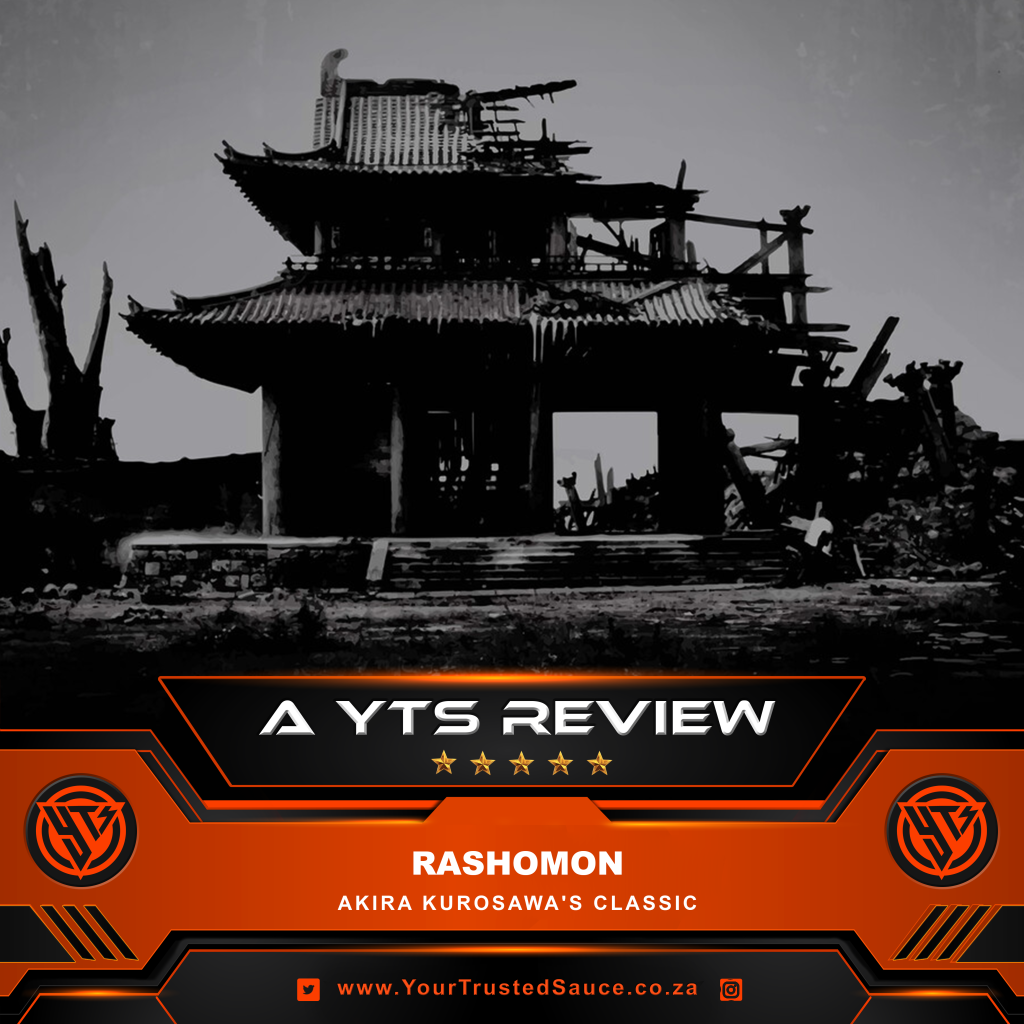Akira Kurosawa’s “Rashomon” is a groundbreaking exploration of the elusive nature of truth, set in feudal Japan. The story revolves around a crime—told from four conflicting perspectives—forcing viewers to confront the complexities of human perception and morality. Each version of the events, presented by the film’s characters, deepens the mystery and challenges the very concept of objective reality.
Kurosawa’s innovative use of nonlinear storytelling and striking cinematography, especially the interplay of light and shadow, elevates “Rashomon” into a timeless psychological drama. The film’s influence on cinema is immense, and its exploration of subjective truth resonates as strongly today as it did upon release, making it an enduring, thought-provoking masterpiece.


